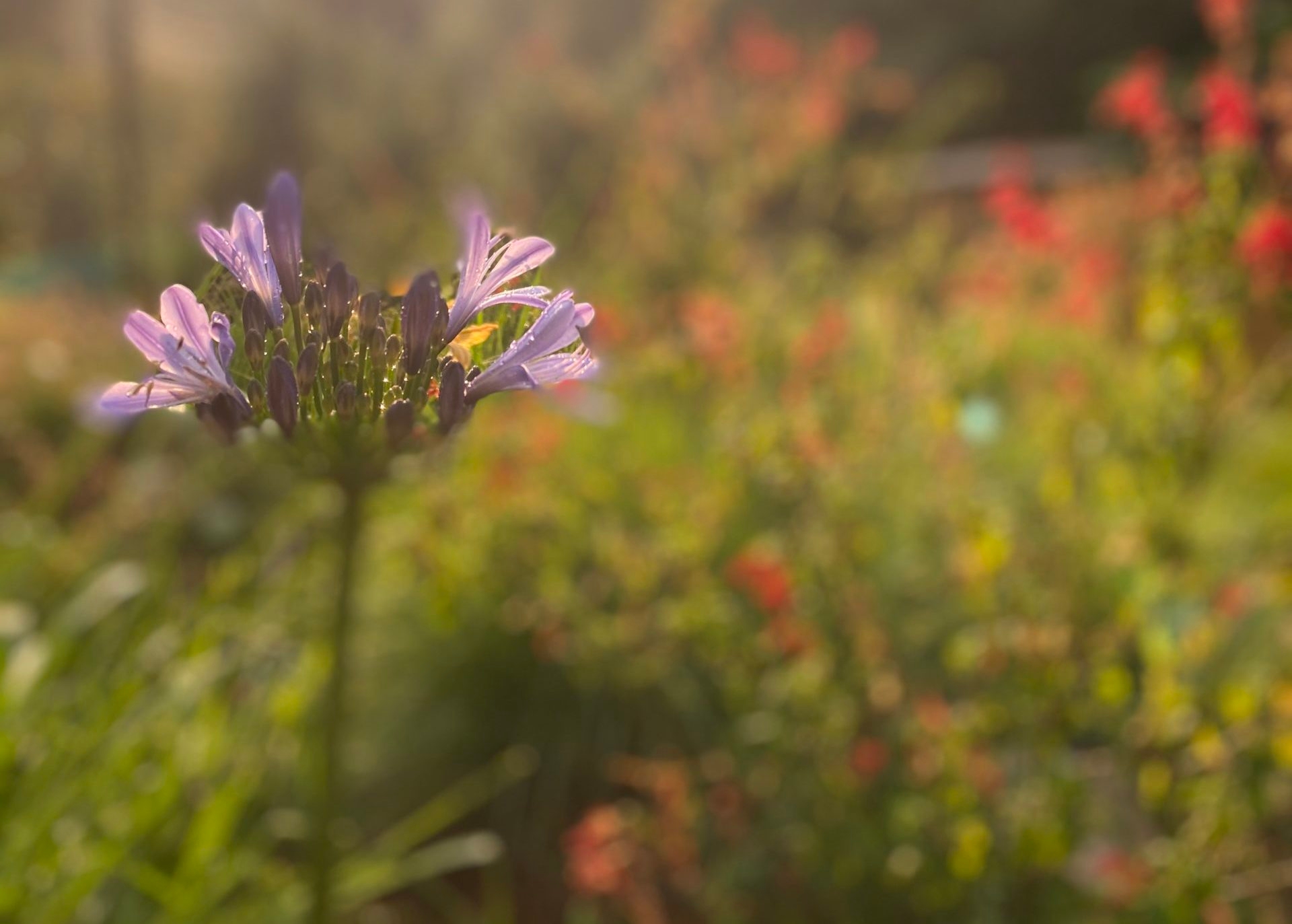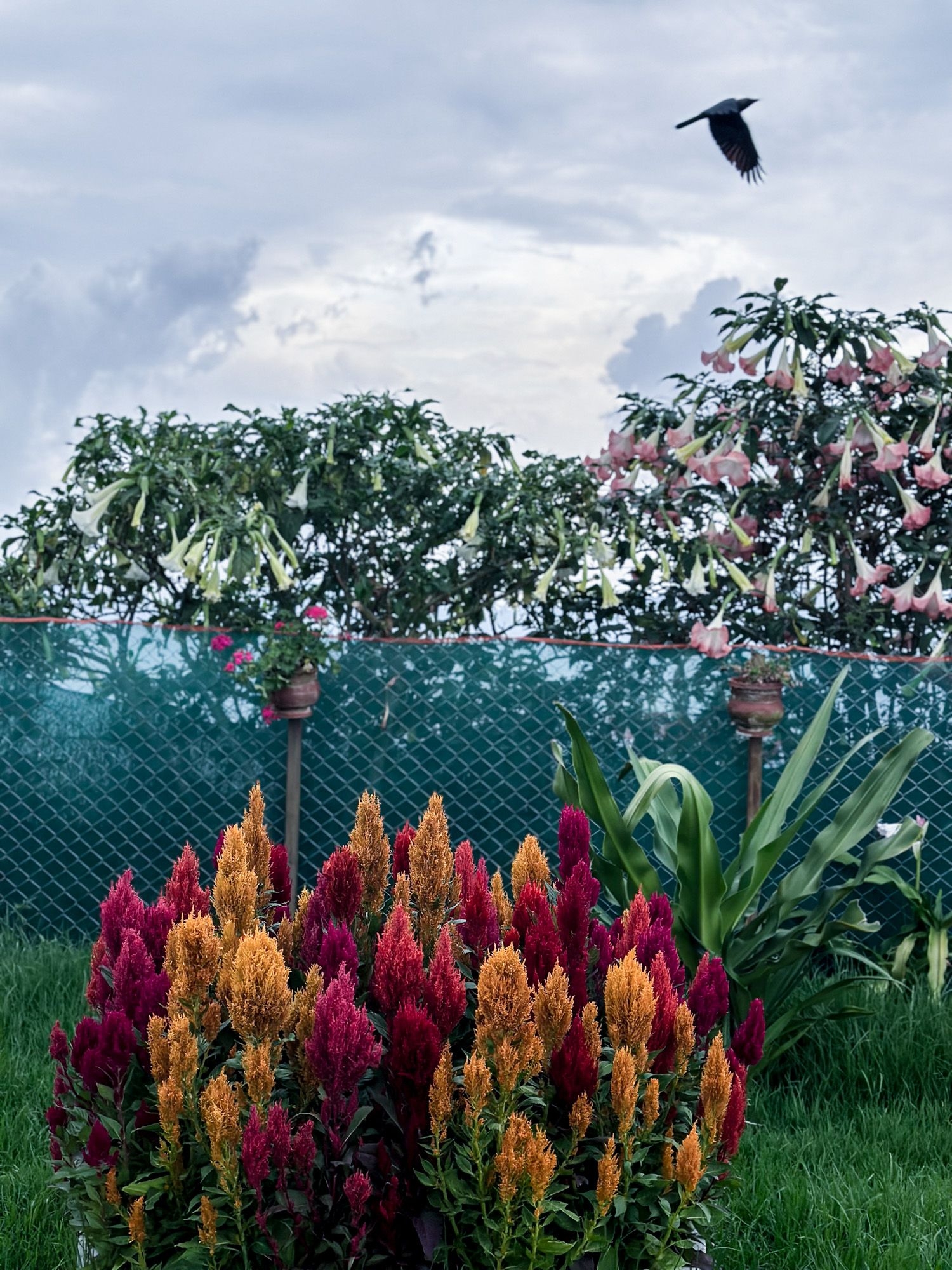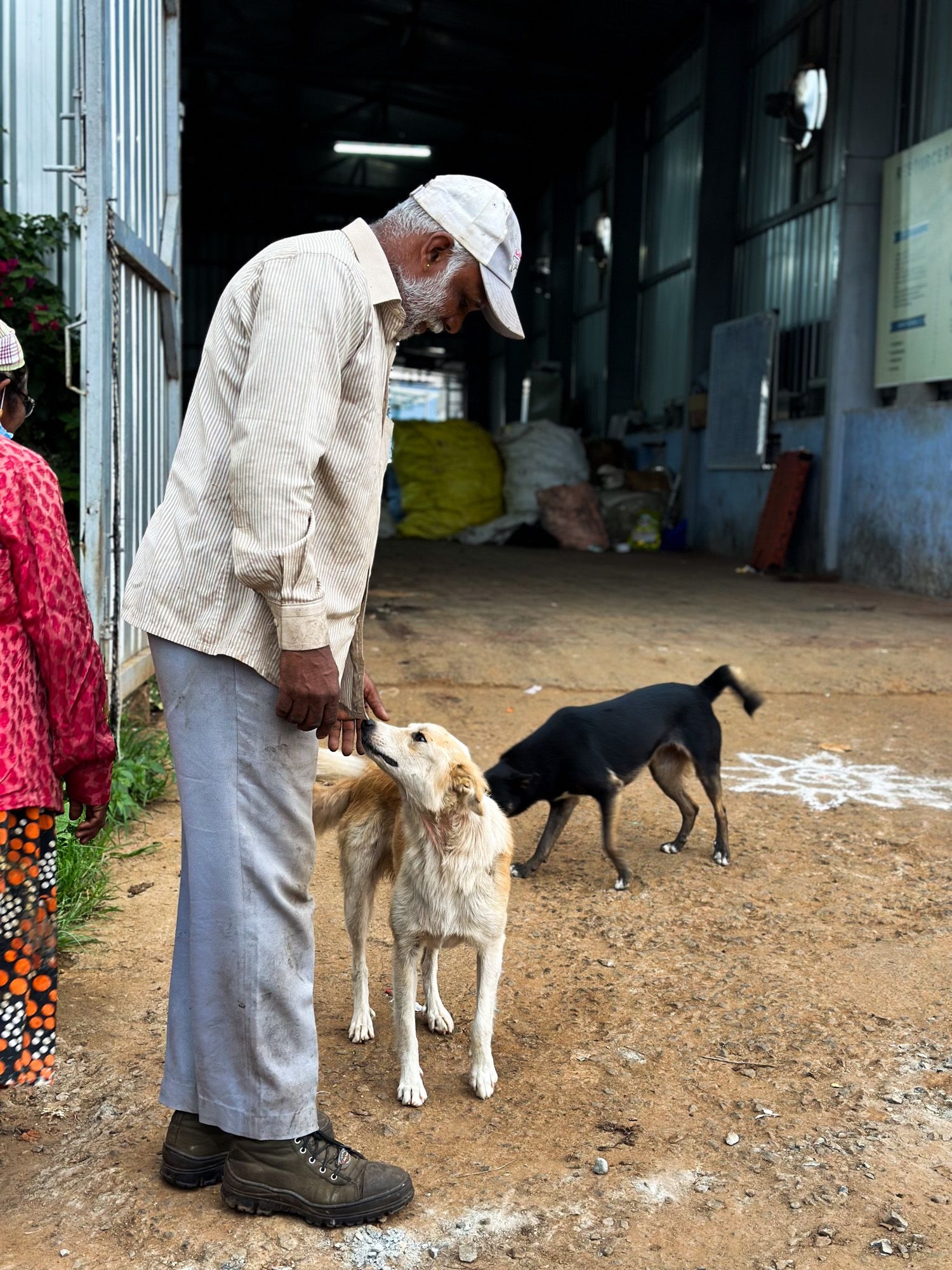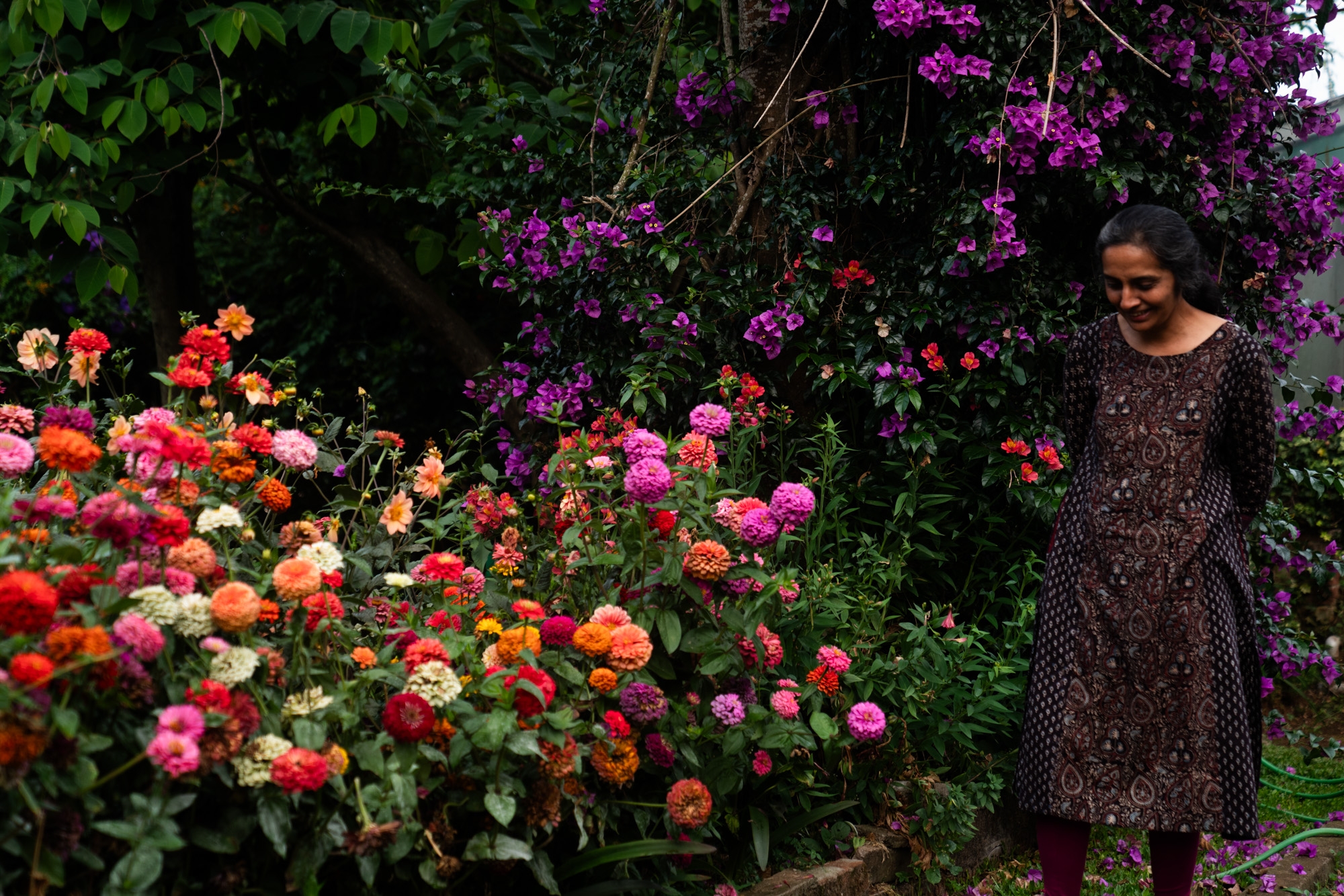RR: Real change has to start at the grassroots level, don’t you agree? If parents decide to bring children into this world, shouldn’t they also take responsibility for teaching them to be responsible citizens?
SI: As children, we cleaned our classrooms. It made me realise I was responsible for contributing to a healthy environment. It made me care.
Today’s parents perhaps overcompensate for their own past hardships by allowing their children greater freedom at the cost of essential values. There should be a more balanced approach. Struggling lower classes perhaps don’t want their children to face the same hardships, but it’s hard to understand how many (but not all) of the privileged lack awareness or responsibility. The issue cuts across social, political and other divides.
RR: How have the locals reacted to the remarkable impact of Clean Coonoor since 2014, and what would you expect from them?
SI: It’s a perplexingly mixed reaction. Some question why I’m doing the municipality’s job, others respond positively. Littering habits have not changed enough in spite of our best efforts. For example, videos about plastic pollution don’t seem to have any effect. I wish all residents would ensure their garbage reaches the municipal trucks and there is more awareness about segregation. The truck drivers are more conscious now, but work remains to ensure proper segregation and conscious dumping.
RR: Having witnessed the waste disposal and the RRC first hand, I was astonished at the volume of dry waste, particularly those low-value plastic sachets and the effort involved in segregating them!
SI: Those little plastics are a menace. Single-use plastics are convenient, and dangerous. Those Shakti masala and shampoo sachets, and tiny candy wrappers are everywhere. All the local car washes you see? They use the shampoo out of these sachets to wash the cars! And all of this plastic eventually reaches the ocean. I’ve found milk sachets from 10 to 15 years ago still polluting the water. It’s like “out of sight, out of mind” for most people, and they don’t realize that the water carries it into the ocean.
We’ve done extensive cleanups, but they keep reappearing. Why do Indians, rich in culture, have this peculiar littering mindset? A town can be dirty, but their homes must be clean. I find it difficult to understand!
RR: What keeps you and your team going in this thankless job of working with litter? Are your workers, who are from lower-income groups now practising better waste management themselves?
SI: Our workers face challenging conditions, dealing with all kinds of waste and toxins. We have a great, dedicated team, working in challenging conditions and we do our utmost to take care of them. Their resilience and the awareness of the positive impact we’re making keeps us all going. At work, we’ve taught them hygiene and cleanliness. Would be interesting to know what they are practising at home.
RR: How do you approach people to reverse their actions, and are they receptive?
SI: Some people, especially tourists, get upset when we confront them. Even with fines or penalties, implementing them is a complex issue. What saddens me more is how even religious places, where plastics are banned, still allow them to be used.
RR: It’s indeed paradoxical behaviour. I noticed this at a Toda mund a month ago; so much litter in such a pristine place. When I pointed this out, the elders were spontaneously receptive, but still they burn trash, without understanding the environmental harm it causes. It’s unbelievably frustrating. How do you keep your motivation going amidst such challenges?
SI: It’s certainly difficult, but we’re determined. We clean up places like Laws Falls, where the entire town’s trash collects. But the prevailing mentality of ignoring long-term consequences is what I don’t understand. We need to work on instilling a sense of responsibility and consciousness in the community.
RR: There are legal cases against some municipalities too, with such trash affecting the forest, right?
SI: Yes, and it’s so sad to see cows, elephants, bison, and monkeys eating and being affected by plastic. People need to understand the link between waste management and environmental conservation, ensuring trash is collected and not dumped, and more collection drives by the municipality..
RR: Have your partnerships with various local organisations over the years brought any significant change?
SI: We’ve had clean-ups with railways and station headquarters like the lake project for the Army Station Headquarters, Wellington. But our partnerships are pro bono. We would appreciate donations, but the desire is to clean and improve. Some gated communities pay for trash removal, others assume the services are the municipality’s responsibility.















